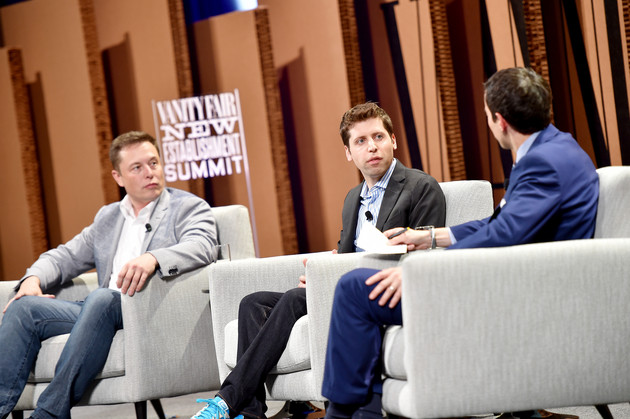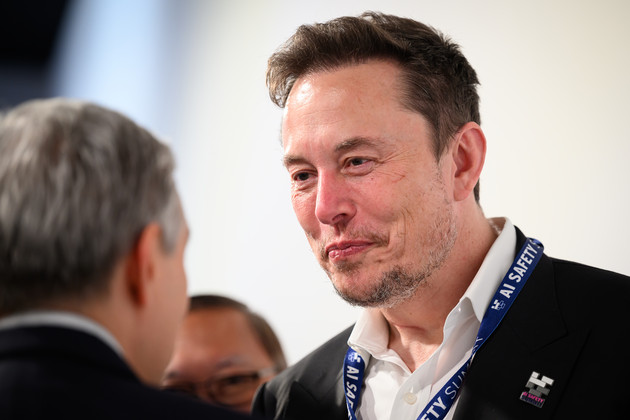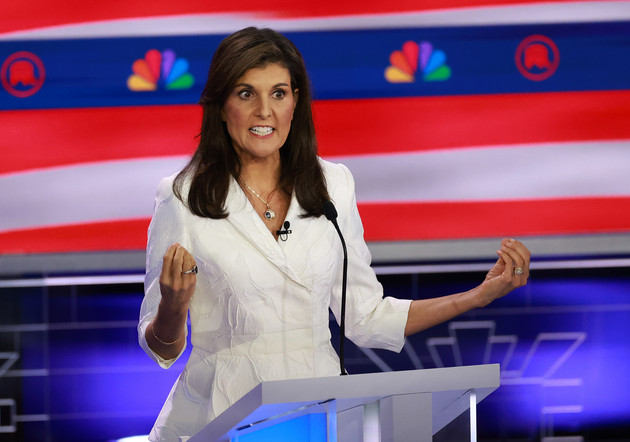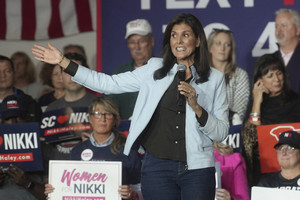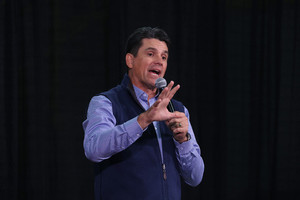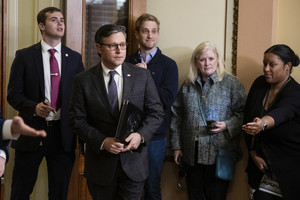‘The tech version of a flag burning amendment’
November 25, 2023 by Rebecca Kern
As the 2024 campaign gets rolling, social media companies come in for another political drubbing. But they’re under little real pressure from Washington.
A familiar villain has begun rearing its head again in the 2024 presidential campaign: Social media.
GOP presidential candidate Nikki Haley went on the attack across four recent appearances, calling anonymous social-media posts a national security threat. Less than a week earlier, the candidates at the third Republican primary debate took the toughest swings at TikTok, with former New Jersey Gov. Chris Christie promising to ban the platform entirely on his first week in office.The partisan wave of GOP potshots reflects the complicated political journey of social media. Much of the earliest critique of social platforms came from progressives, who accused social media of creating “filter bubbles,” and later worried it led to the rise of former President Donald Trump. But by 2020, it was conservatives who were incensed, watching Facebook and Twitter deploy content moderation rules that “de-platformed” important figures on the right, including Trump himself.
Since then, Trump has led the Republican Party in vilifying tech firms for censoring conservatives, leveraging the sentiment to launch his Truth Social platform after he was kicked off Facebook and Twitter for content he posted leading up to the Jan. 6 insurrection. Trump’s own efforts to rein in tech have hit walls, like his attempt to ban TikTok that was blocked by a court.
The state of the planet in 10 numbers
November 23, 2024 by Jacob
This article is part of the Road to COP special report, presented by SQM.
The COP28 climate summit comes at a critical moment for the planet.
A summer that toppled heat records left a trail of disasters around the globe. The world may be just six years away from breaching the Paris Agreement’s temperature target of 1.5 degrees Celsius, setting the stage for much worse calamities to come. And governments are cutting their greenhouse gas pollution far too slowly to head off the problem — and haven’t coughed up the billions of dollars they promised to help poorer countries cope with the damage.
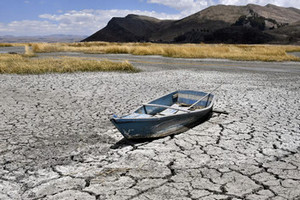
This year’s summit, which starts on Nov. 30 in Dubai, will conclude the first assessment of what countries have achieved since signing the Paris accord in 2015. The forgone conclusion: They’ve made some progress. But not enough. The real question is what they do in response. To help understand the stakes, here’s a snapshot of the state of the planet — and global climate efforts — in 10 numbers.
Human-caused greenhouse gas emissions have been driving global temperatures skyward since the 19th century, when the industrial revolution and the mass burning of fossil fuels began to affect the Earth’s climate. The world has already warmed by about 1.3 degrees Celsius, or 2.3 degrees Fahrenheit, and most of that warming has occurred since the 1970s. In the last 50 years, research suggests, global temperatures have risen at their fastest rate in at least 2,000 years.
This past October concluded the Earth’s hottest 12-month span on record, a recent analysis found. And 2023 is virtually certain to be the hottest calendar year ever observed. It’s continuing a string of recent record-breakers — the world’s five hottest years on record have all occurred since 2015.
Allowing warming to pass 2 degrees Celsius would tip the world into catastrophic changes, scientists have warned, including life-threatening heat extremes, worsening storms and wildfires, crop failures, accelerating sea level rise and existential threats to some coastal communities and small island nations. Eight years ago in Paris, nearly every nation on Earth agreed to strive to keep temperatures well below that threshold, and under a more ambitious 1.5-degree threshold if at all possible.
A generation hungry for change — meet the MEPs under 35
November 24, 2024 by Elena Sanches
Two-out-of-three MEPs are 41 to 60-years old. Currently only 37 MEPs under the age of 35, around five percent of all parliamentarians (Photo: European Parliament)
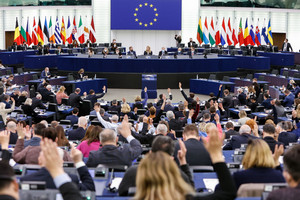
As the current legislative term nears its end and the next European elections draw closer, political groups are already busy working on their electoral agenda. But what do young politicians have to say about it?
LISTEN TO ARTICLE

